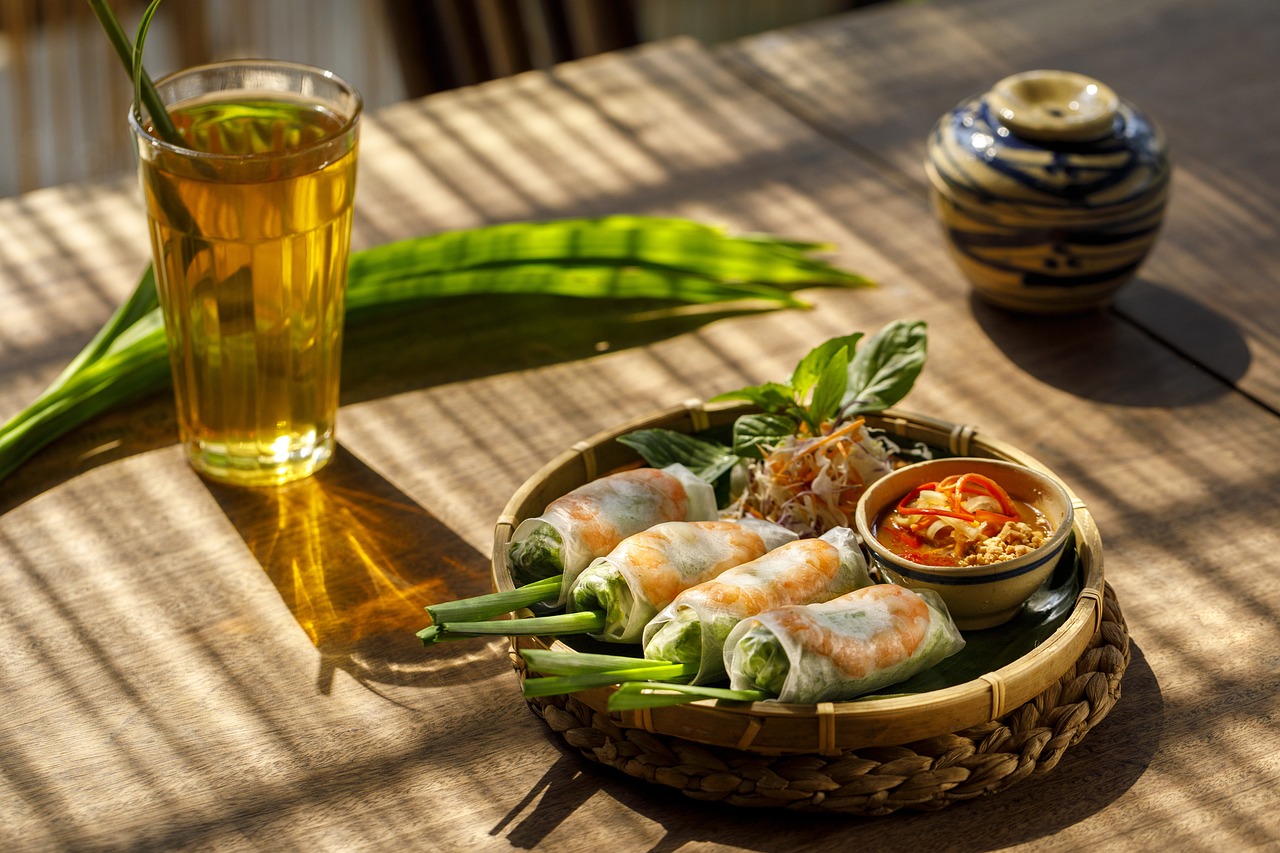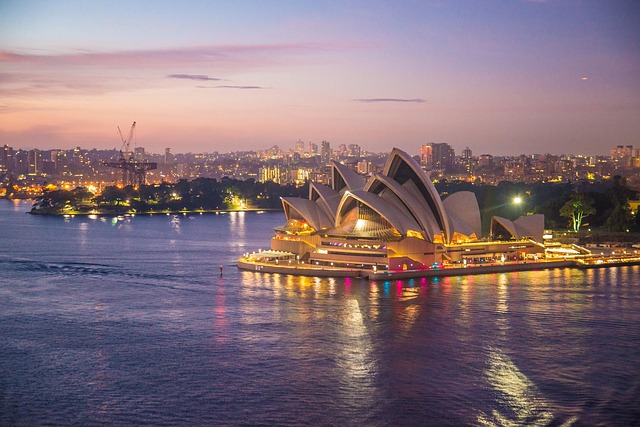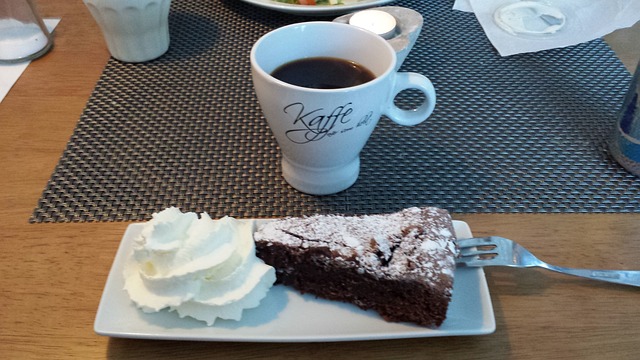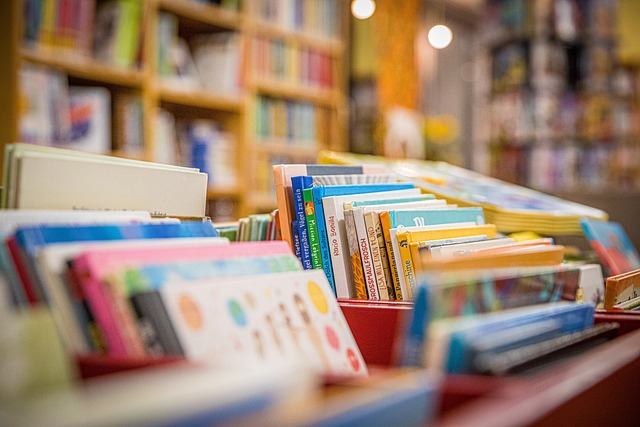Swiss Cultural Overview: A Blend of Tradition, Diversity, and Innovation
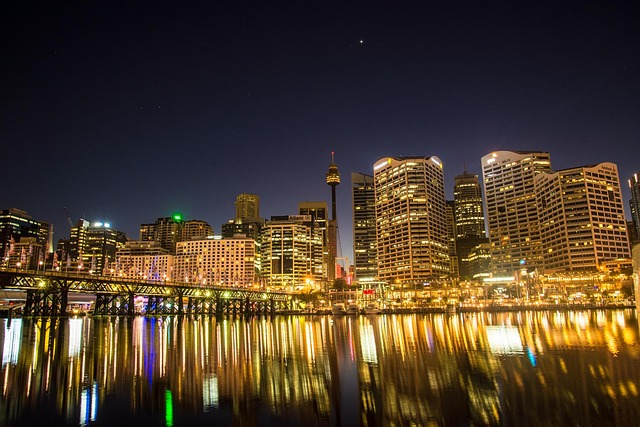
Switzerland, a small yet remarkably diverse country in the heart of Europe, is a fascinating blend of tradition and modernity. Known for its stunning alpine landscapes, precision engineering, and world-class chocolates, Switzerland is also a cultural mosaic shaped by its unique geography, history, and multilingual population. This article delves into the key aspects of Swiss culture, exploring its traditions, languages, arts, cuisine, and societal values.
1. Multilingualism and Regional Diversity
Switzerland’s cultural identity is deeply influenced by its multilingualism and regional diversity. The country has four official languages: German, French, Italian, and Romansh. Each language region has its own distinct cultural traits, traditions, and customs.
- German-Speaking Switzerland: The largest language region, encompassing cities like Zurich, Bern, and Lucerne. Swiss German (a dialect of German) is commonly spoken, while standard German is used in written communication.
- French-Speaking Switzerland: Located in the western part of the country, this region includes Geneva, Lausanne, and Montreux. The culture here is influenced by French traditions, with a focus on art, wine, and gastronomy.
- Italian-Speaking Switzerland: The canton of Ticino and parts of Graubünden are home to Italian-speaking Swiss. This region is known for its Mediterranean flair, vibrant festivals, and delicious cuisine.
- Romansh-Speaking Switzerland: Romansh, a Romance language, is spoken by a small minority in the canton of Graubünden. Efforts are made to preserve this ancient language and its cultural heritage.
Despite these linguistic differences, the Swiss share a strong sense of national identity, united by their commitment to neutrality, democracy, and quality of life.
2. Traditions and Festivals
Swiss culture is rich in traditions and festivals that reflect its agricultural roots, religious heritage, and love for community celebrations. Some of the most notable traditions include:
- Cow Parades and Alpabzug: These events mark the seasonal migration of cattle to and from alpine pastures. Cows are adorned with elaborate decorations, and the processions are accompanied by music, dancing, and local delicacies.
- Fasnacht (Carnival): Celebrated in cities like Basel and Lucerne, Fasnacht is a vibrant carnival featuring parades, costumes, and masked performances. It’s a time for revelry and satire, often poking fun at political and social issues.
- National Day (August 1st): Switzerland’s National Day commemorates the founding of the Swiss Confederation in 1291. Celebrations include fireworks, bonfires, and traditional music.
- Christmas Markets: During the holiday season, Swiss cities and towns host enchanting Christmas markets, where visitors can enjoy mulled wine, handmade crafts, and festive decorations.
3. Swiss Cuisine: A Culinary Journey
Swiss cuisine is as diverse as its culture, with each region offering its own specialties. Food plays a central role in Swiss traditions and social gatherings.
- Cheese Fondue: A quintessential Swiss dish, fondue involves melting cheese with wine and garlic, then dipping bread into the mixture. It’s a communal meal that brings people together.
- Raclette: Another cheese-based dish, raclette involves melting cheese and scraping it onto potatoes, pickles, and onions.
- Rösti: A crispy potato pancake that originated in German-speaking Switzerland, rösti is often served as a side dish or breakfast item.
- Chocolate: Switzerland is synonymous with high-quality chocolate. Brands like Lindt, Toblerone, and Cailler are celebrated worldwide.
- Regional Specialties: Each region has its own culinary delights, such as Zürcher Geschnetzeltes (Zurich-style sliced meat) in Zurich, Tartiflette (a potato and cheese dish) in French-speaking regions, and Polenta in Ticino.
4. Arts and Literature
Switzerland has a rich artistic and literary heritage, with contributions from both Swiss and international artists who have made the country their home.
- Visual Arts: Swiss artists like Alberto Giacometti and Paul Klee have left an indelible mark on the art world. Museums such as the Kunsthaus Zurich and the Fondation Beyeler showcase their works.
- Literature: Swiss literature spans multiple languages and genres. Notable authors include Friedrich Dürrenmatt (German), Jean-Jacques Rousseau (French), and Hermann Hesse (German, though born in Germany, he became a Swiss citizen).
- Music and Dance: Traditional Swiss music features instruments like the alphorn and the Schwyzerörgeli (accordion). Folk dances, such as the Ländler, are still performed at cultural events.
5. Societal Values: Precision, Neutrality, and Quality of Life
Swiss culture is characterized by a set of core values that shape daily life and societal norms.
- Precision and Punctuality: The Swiss are known for their precision, whether in watchmaking, engineering, or daily routines. Punctuality is highly valued in both personal and professional settings.
- Neutrality: Switzerland’s long-standing policy of neutrality has shaped its national identity. The country is home to numerous international organizations, including the Red Cross and the United Nations Office in Geneva.
- Quality of Life: The Swiss prioritize work-life balance, environmental sustainability, and access to high-quality healthcare and education. This focus on well-being contributes to Switzerland’s consistently high rankings in global quality-of-life indices.
6. Innovation and Modernity
While deeply rooted in tradition, Switzerland is also a hub of innovation and modernity. The country is a global leader in fields such as finance, pharmaceuticals, and technology.
- Swiss Watches: Renowned for their precision and craftsmanship, Swiss watches are a symbol of luxury and innovation.
- Pharmaceutical Industry: Companies like Novartis and Roche are at the forefront of medical research and development.
- Sustainable Practices: Switzerland is a pioneer in environmental sustainability, with initiatives ranging from renewable energy to efficient public transportation.
7. Outdoor Culture and Sports
The Swiss have a deep connection to their natural surroundings, and outdoor activities are an integral part of their lifestyle.
- Hiking and Skiing: With its vast alpine landscapes, Switzerland offers endless opportunities for hiking in the summer and skiing in the winter. The Swiss take pride in their well-maintained trails and ski resorts.
- Public Spaces: Parks, lakes, and mountains are accessible to everyone, reflecting the Swiss commitment to public well-being and environmental preservation.
